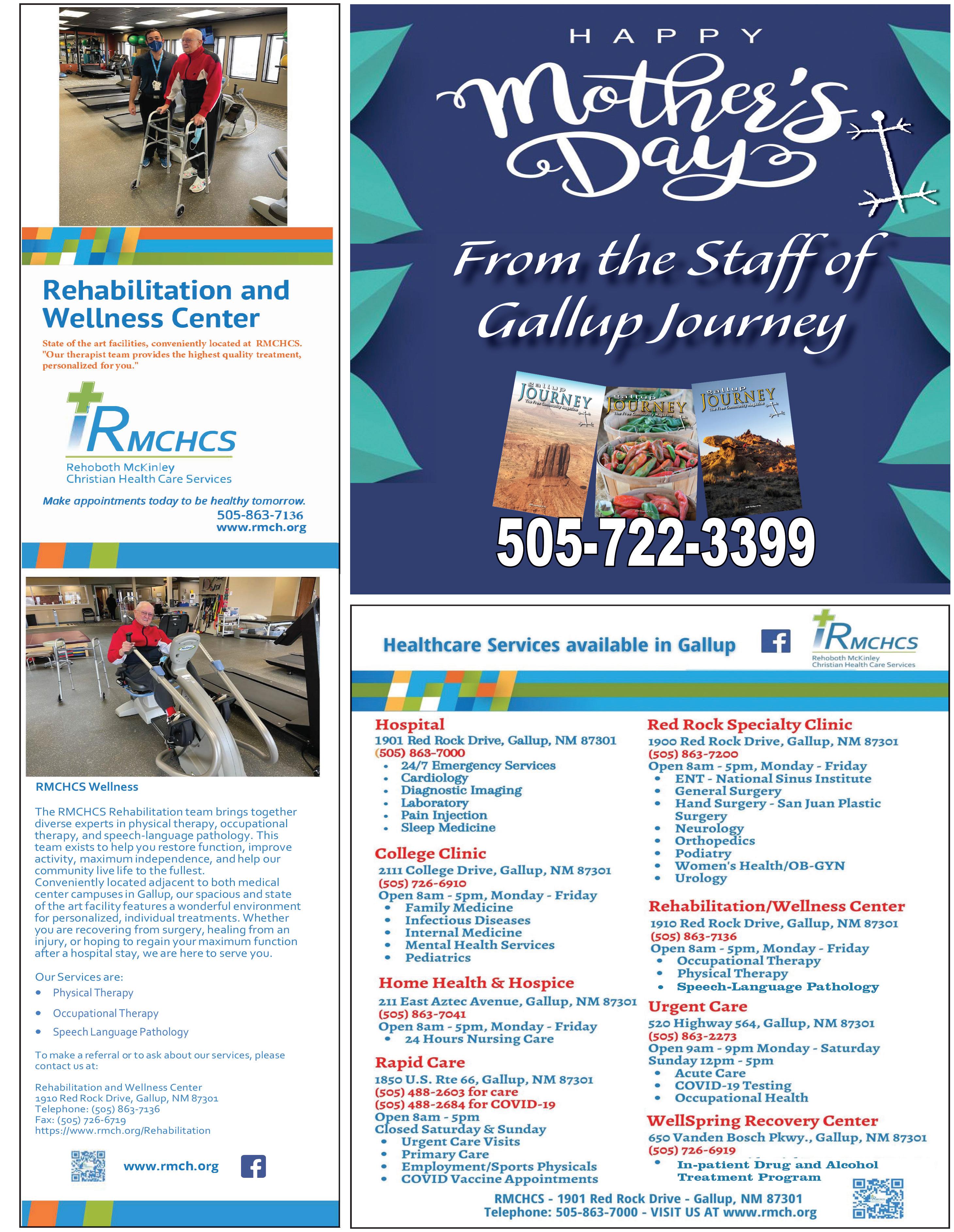
3 minute read
A Wedding Homily for All of Us Kris Pikaart
A Wedding Homily for All of Us
Trust me, I know. Most people don’t really listen to the homily at their own wedding. They are too busy worrying about the dress, concentrating on not crying during the vows, or just too jittery to pay attention. So, I thought I’d let you listen in on someone else’s wedding homily. This was from the very most picturesque wedding I have officiated at. The groom was the head ranger at Grand Canyon, and the wedding was right at the edge on a beautiful overlook (although it was also the scariest--my back was to the canyon, about 4 feet from a massive precipice!) Actually, it’s pretty good advice for relationships in general-no matter if you are one week or 50 years into your partnership, so listen in!
Friends: As well as doing some wandering around the literal wilderness, you’ve also done your time in the spiritual wilderness in the past years. You have both come out having been wounded and lost. Part of what is happening here, and what I know will continue, is that your spirits and bodies are being knit back together in healing because of your union. God may have made a way through the painful wilderness of aloneness, but you have also been brought into a new one. Marriage is a wilderness: beset with moments of almost heart stopping beauty and joy, fraught with fear and very real danger. A place that can give us the deepest healing, and the fullest hope.
So, I thought I’d resurrect a few lessons for getting around in the wilderness of marriage, brought to us by park rangers all over the world: 1) If you get lost, sit down where you are and wait for help:
As every boy and girl scout knows, when you feel lost, the last thing you want to do is move quickly and flap around. It is best to sit down and think and wait. The same goes for marriage. Rather than snap, walk out, leave, and panic when things get tough, this is the time to sit for a bit and wait for help. Ask for help--from your family, from your friends, from your church, or your community. Whatever you do, don’t go rogue. Whatever you are experiencing, there is certainly someone around you who has also been there and can help you find your way out. 2) Carry sustenance for the journey:
Just as you would never go for a hike down the Grand Canyon without a lot of water, so too should you not enter a partnership without good sustenance. The prayers of your grandmother, your spiritual beliefs and practices, your own hard earned wisdom, the friendships you have created, your community of support. That goes with you into the marriage and enriches and strengthens it. 3) Wear the right clothing:
In the wilderness we need to wear wool instead of cotton. In marriage we need to be careful of the “clothing” we put on as well. In the morning, when we are tired and grumpy and irritated, we might run our fingers over the clothing of resentment and jealousy, of envy or disappointment. But we do get to choose what we put on. When we day after day choose the clothing of kindness and generosity and the assumption of positive intent, we create safety and security for each other. 4) Look around and enjoy the view:
Keep your hearts open. Enjoy the surprises. Do not get too busy or focused to enjoy each other every day. Give thanks. Over and over and over. Be in awe of the mind and spirit of your partner. Give way to wonder. 5) Hold hands:
The old-fashioned buddy system has come to us not only from park rangers, but from kindergarten teachers everywhere. The world is just safer and kinder and less scary with a warm hand to hold.
If you follow the ranger’s rules, then, maybe, you might attain a marriage like the patient I spoke with a while back. His wife had such bad alzheimer’s that she didn’t know him anymore—one night she kicked him out of the bed that they shared for 40 years. But despite this, his eyes would shine as he looked at her, even in the exhaustion of 24/7 caregiving. When I asked how he managed this, he just said, “I see no one but the beautiful, tall, cowgirl who was my bride. She is to me who she always has been”. Now that is a habit of love, a habit of kindness.












